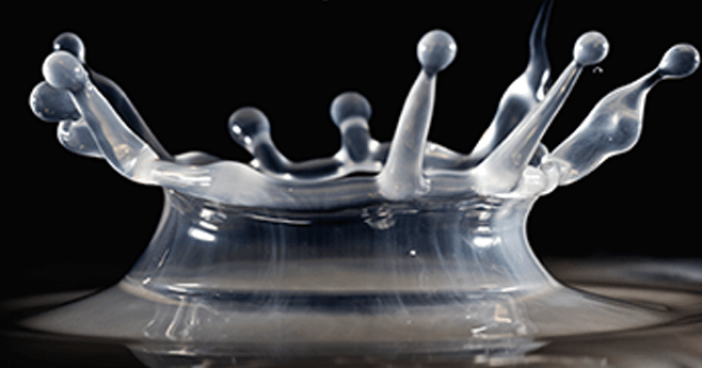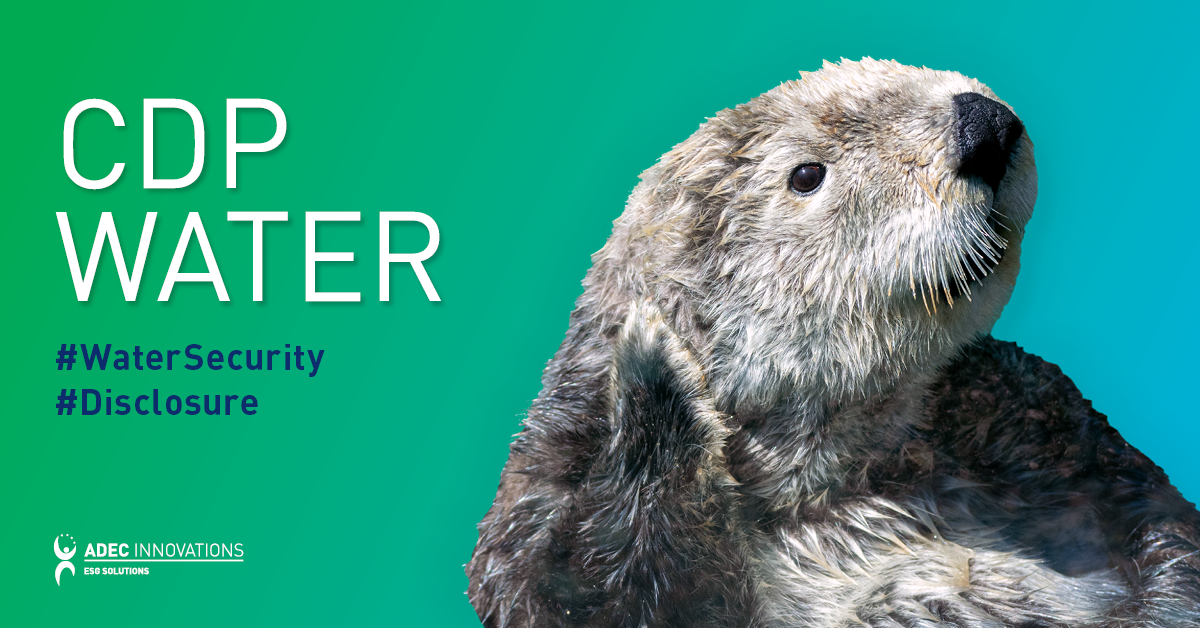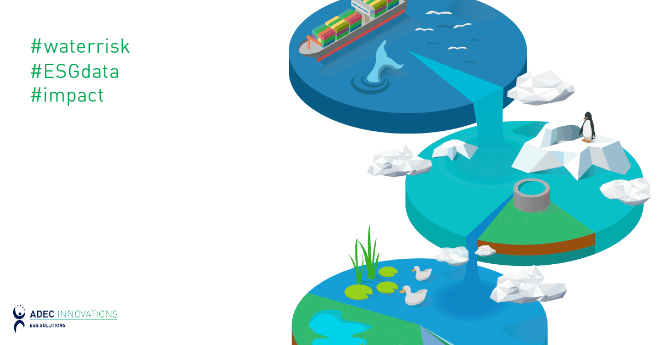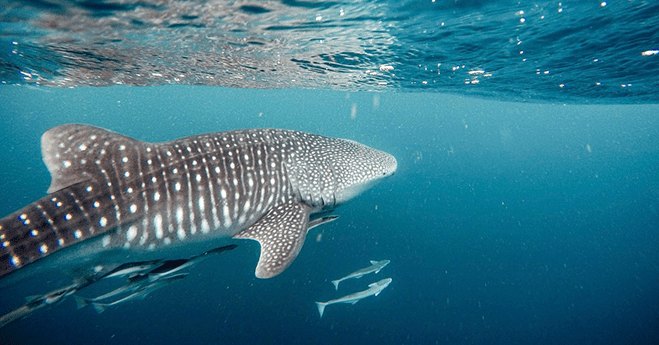Water sustainability is vital. Water is essential for the production and maintenance of almost everything that people produce and consume, from food to machinery. Modern industries, though, tend to observe water-intensive production processes. For instance, producing a kilogram of cotton—the world’s primary clothing material—requires 7,000-29,000 liters of water.
As a result, companies have begun to integrate water sustainability into their business operations and promote water sustainability, since inadequate water access can cripple even the most financially stable company.
Innocent Drinks and Doñana National Park
Doñana National Park (Parque Nacional de Doñana) is one of Europe’s most important wetland reserves. It is home to various bird species, including goose, flamingo and the Spanish imperial eagle. The park is also the stronghold of the endangered Iberian lynx. Doñana National Park is a UNESCO Biosphere Reserve and World Heritage Site.
The park is threatened by unsustainable strawberry farming. Spain is the world’s top strawberry exporter. The country’s annual revenue from strawberry farming is around €400 million. Approximately 90% of the fruit is grown in Huelva and Seville—provinces that surround Doñana. Strawberry is a water-intensive crop and growing it often involves unsustainable agricultural practices such as plastic sheeting and pesticide use. The World Wildlife Fund (WWF) claimed that strawberry farm irrigation is reducing water in the park’s marshes by up to 50%.
The UK smoothie company Innocent Drinks addressed unsustainable strawberry farming in Doñana National Park through technology. In 2014, the company teamed up with the University of Cordoba to create Irri-Fresa, an app that calculates optimal daily irrigation times. In 2015, the farmers who used Irri-Fresa were able to reduce their farms’ water consumption by up to 40%, saving 1.7 billion liters of water. In May 2016, Innocent Drinks won a Guardian Sustainable Business Award for its water conservation efforts.
Coca-Cola
Coca-Cola has previously faced water sustainability issues. In 2004, it reportedly used 283 billion liters of water. In the same year, Coca-Cola shut down its Kerala, India plant after local authorities ruled that the plant drained and polluted the state’s water supplies. In El Salvador, experts claim that Coca-Cola’s operations in the municipality of Nejapa will deprive almost 30,000 people of water.
Moreover, Coca-Cola drew criticism for essentially selling purified tap water in a bottle. In 1999, it launched Dasani, a bottled water brand advertised “as pure as bottled water gets” due to a “highly sophisticated purification process.” In 2004, Coca-Cola admitted that Dasani is merely purified tap water from the main supply in Sidcup, Kent. As a result, the company withdrew Dasani in the same year.
In 2014, Coca-Cola launched Glacéau Smartwater, which was advertised as “vapor distilled”, then fortified with electrolytes found in energy drinks. Endorsed by celebrities such as Kylie Minogue and Jennifer Anniston, experts later discovered that Glacéau Smartwater was “no better than tap water.”
Coca-Cola responded to these controversies by implementing water-efficient operations and engaging in water-related corporate social responsibility (CSR) projects. In 2009, Coca-Cola launched the Replenish Africa Initiative (RAIN), a project that aims to bring safe drinking water to 2 million people in Africa by the end of 2015. In April 2015, the company invested an additional USD 35 million in RAIN to provide access to safe drinking water and sanitation to 4 million more people in Africa by 2020. Likewise, Coca-Cola collaborated with WaterAid in 2013 to bring safe drinking water to Ouagadougou (Burkina Faso’s capital), as well as to two rural communities in southern Ethiopia.
In 2015, Coca-Cola UK invested more than £45,000 in technologies such as water meters, water mapping, and monitoring and targeting systems. It managed to save 13,920 cubic meters of water as a result. In the same year, Coca-Cola UK’s Edmonton site started using resin granules, which is expected to help save 11,520 cubic meters of water every year.
Dell Children’s Medical Center of Central Texas
Dell Children’s Medical Center of Central Texas is an excellent example of how architecture can be used to bring about water sustainability. Its parking lots and garages were made out of 47,000 tons of airport runway material. The hospital was built using concrete containing approximately 40% fly ash instead of Portland cement. The hospital’s exterior façade, flooring and walls were made out of sustainable and indigenous building materials like Texas limestone, recycled glass and cork. The production, transport and final use of brand new and non-native building materials is water-intensive. Using recycled, indigenous and sustainable building materials instead enabled Dell Children’s to reduce its water consumption.
Dell Children’s also has a special storm water pond that gathers and recycles rainwater, filtering rainwater before it seeps into the ground. The hospital then uses the recycled rainwater for irrigation. In addition, the hospital uses low-flow bathroom fixtures and recycles steam energy into chilled water. As a result, Dell Children’s is able to meet its water needs without relying heavily on Texas’ water supply.
Dell Children’s also employs xeriscaping. The hospital planted native plants in its gardens and courtyards. Native trees, shrubs and grasses require less freshwater than their non-native counterparts. Each year, the hospital saves 1.7 million gallons of water and another 1.4 million gallons by using low-flow bathroom fixtures and by xeriscaping, respectively. Its sustainability efforts earned Dell Children’s the distinction of being the world’s first hospital to receive a Leadership in Energy & Environmental Design (LEED) Platinum certification.
Water Sustainability: An Investment for Greater Business Continuity
Practically every product and service that companies provide involves water. Water scarcity risks the long-term viability of large and small businesses alike—an outcome that can lead to unemployment, poverty and violent conflict. Promoting water sustainability is a valuable investment for companies. Water-efficient business operations result in greater water supplies for future use, securing business continuity.
ADEC ESG Solutions advances sustainable practices around the world, offering fully integrated industry expertise, data management and software services to streamline your water management strategies. For more information on what companies can do, download our white paper, Water and Corporate Responsibility.




